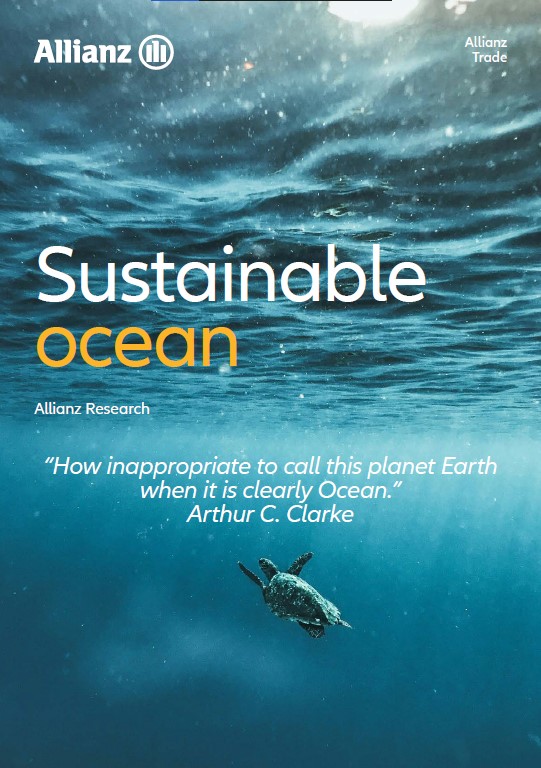Oceans play a critical role in keeping our climate stable and our world livable. They regulate global temperatures, taking in solar energy and distribute heat around the globe via ocean currents. Additionally, oceans produce half of the oxygen we need and absorb 25% of all carbon dioxide emissions, while capturing 90% of the excess heat generated by these emissions. In fact, marine habitats could store ten times more carbon than terrestrial ecosystems per hectare.
The enormous amount of plastic waste entering the oceans is only set to increase further. Besides endangering marine wildlife, plastic waste also affects fishing and aquaculture, coastal tourism and the shipping industry. At current rates of production, it could lead to estimated economic damages of USD197bn by 2030 and USD434bn by 2050. But if plastic production continues to increase without the introduction of mitigation measures, these costs could escalate to USD229bn by 2030 and as much as USD731bn by 2050.
To limit the amount of plastic waste that ends up in the ocean, the most important thing is to reduce the amount of waste that is created in the first place. Boosting the circular economy would not only improve ocean health but can also unlock substantial economic benefits.



